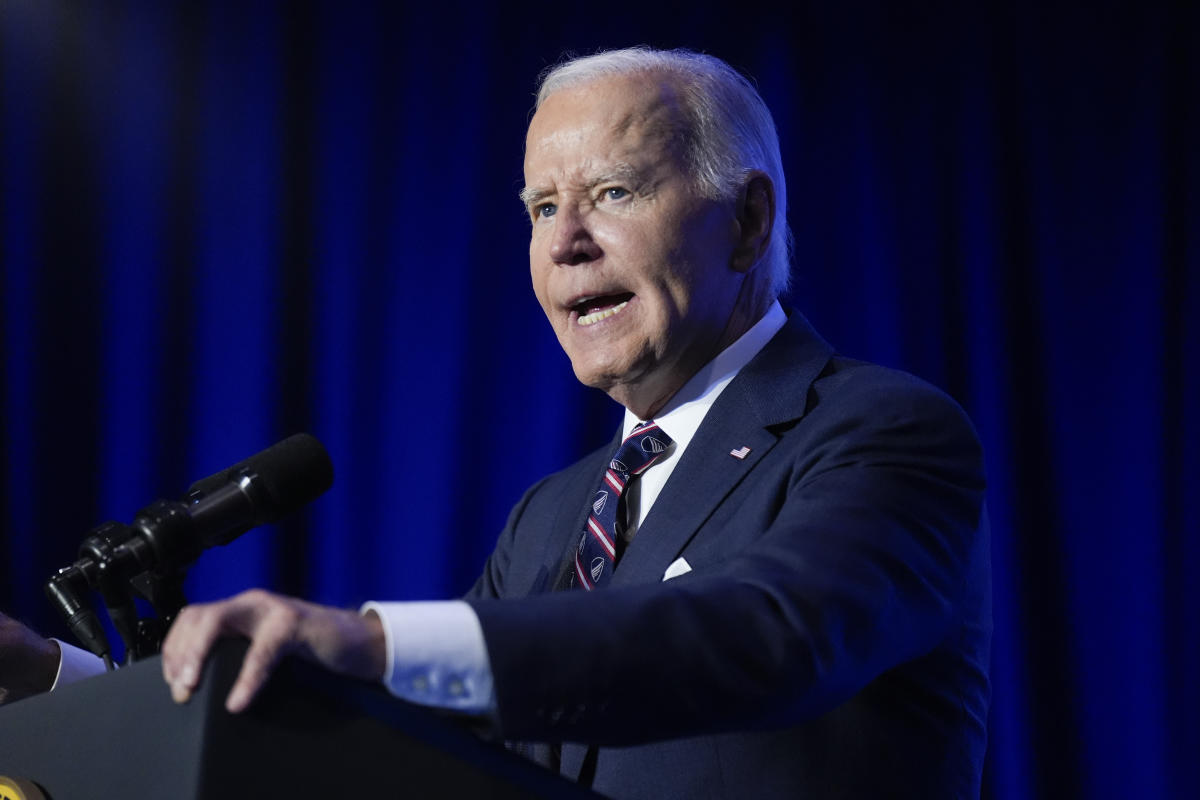Since Pavel Durov, the Russian-born billionaire and founder of the messaging app Telegram, was arrested upon arrival in Paris on Saturday evening, there has been more speculation than fact about his fate.
A headline in a Russian newspaper summed up the story: “The arrest (or detention) of ‘Russian Zuckerberg’ Pavel Durov is one of the most important, but also most mysterious, news stories in the world,” Nezavisimaya Gazeta reported.
WHERE.
Only, “mysterious” is an understatement.
Why did the French police arrest him? What charges does he face? Does it have anything to do with his recent visit to Azerbaijan, where he met (or did not meet) Russian President Vladimir Putin?
For two days, reporters have been quoting “sources close to the investigation” about the violations Pavel Durov may be accused of (allegedly from complicity in drug trafficking to fraud). Telegram released a statement saying Mr. Durov had “nothing to hide.”
On Monday evening, the Paris prosecutor said in a statement that Mr Durov was being held in connection with a cybercrime investigation.
The statement lists 12 different crimes under investigation that it says are related to organized crime.
These included illegal transactions, child pornography, fraud and refusing to provide information to authorities, the prosecutor said.
The statement said that Mr Durov’s detention has been extended and could last until Wednesday.
Without going into details, President Emmanuel Macron posted on social media that he had seen “false information” about France following Mr Durov’s arrest, adding: “This is in no way a political decision. It is up to the judges to decide.”
In Moscow, the Kremlin is cautious.
“We still don’t know exactly what Durov is accused of,” Kremlin spokesman Dmitry Peskov told reporters on Monday, in his first comments on Pavel Durov’s arrest.
“We haven’t heard any official statements. Before I can even say anything about this, we need to have some clarity.”
Clarity is something that not everyone in Russia needs.
On Monday, state television’s main political talk show devoted extensive attention to the issue.
“All these accusations against Durov sound absurd,” a political analyst explained in the studio. “Accusing him of all the crimes committed on his platform is the same as accusing [France’s] President Macron of all the crimes that are happening in France. It is the same logic.”
Russian newspapers also jumped on the story. Several dailies expressed concern that Pavel Durov’s arrest could have serious consequences for Russia.
“This blow to Telegram threatens to become a blow to Russia,” Nezavisimaya Gazeta wrote. “With the arrest of Pavel Durov, Western intelligence services could obtain the messenger’s encryption keys.”
“Telegram could become a tool of NATO if Pavel Durov is forced to obey the French intelligence services,” Moskovsky Komsomolets stated, adding: “Telegram chats contain a huge amount of extremely important, strategic information.”
In April 2018, Russian authorities began blocking access to Telegram, but the ban was lifted in 2020. Today, the messenger is used not only by Russian officials, but also by the Russian military, including soldiers fighting in the so-called “Special Military Operation” (the Russian war in Ukraine).
“If Telegram crashes,” Moskovsky Komsomolets asked today, “how is it possible that Telegram crashes?” [our army] “Are you going to fight?”
In the West, the arrest of Pavel Durov has sparked a debate about freedom of expression.
In Russia too, Presidential Ombudsman for Human Rights Tatyana Moskalkova claimed that “the real reason for Pavel Durov’s arrest was to close Telegram, a platform where you can find out the truth about what is happening in the world. Everyone who strives for freedom of expression protests against this.”
Ms Moskalkova made no mention of the messaging app Signal, which Russian authorities blocked access to earlier this month, or YouTube, access to which is now severely restricted in Russia. Facebook and Instagram are already blocked here.
And what about those rumors about a meeting between Putin and Durov in Baku earlier in August? Was there one?
“No,” Kremlin spokesman Dmitry Peskov replied when I asked.
However this mysterious story ends, Moscow will use it to reinforce one of its official narratives: that Russian citizens should be wary of the West.
As the popular tabloid Komsomolskaya Pravda put it: “For the West, there is no such thing as ‘good Russians’ anymore.”



